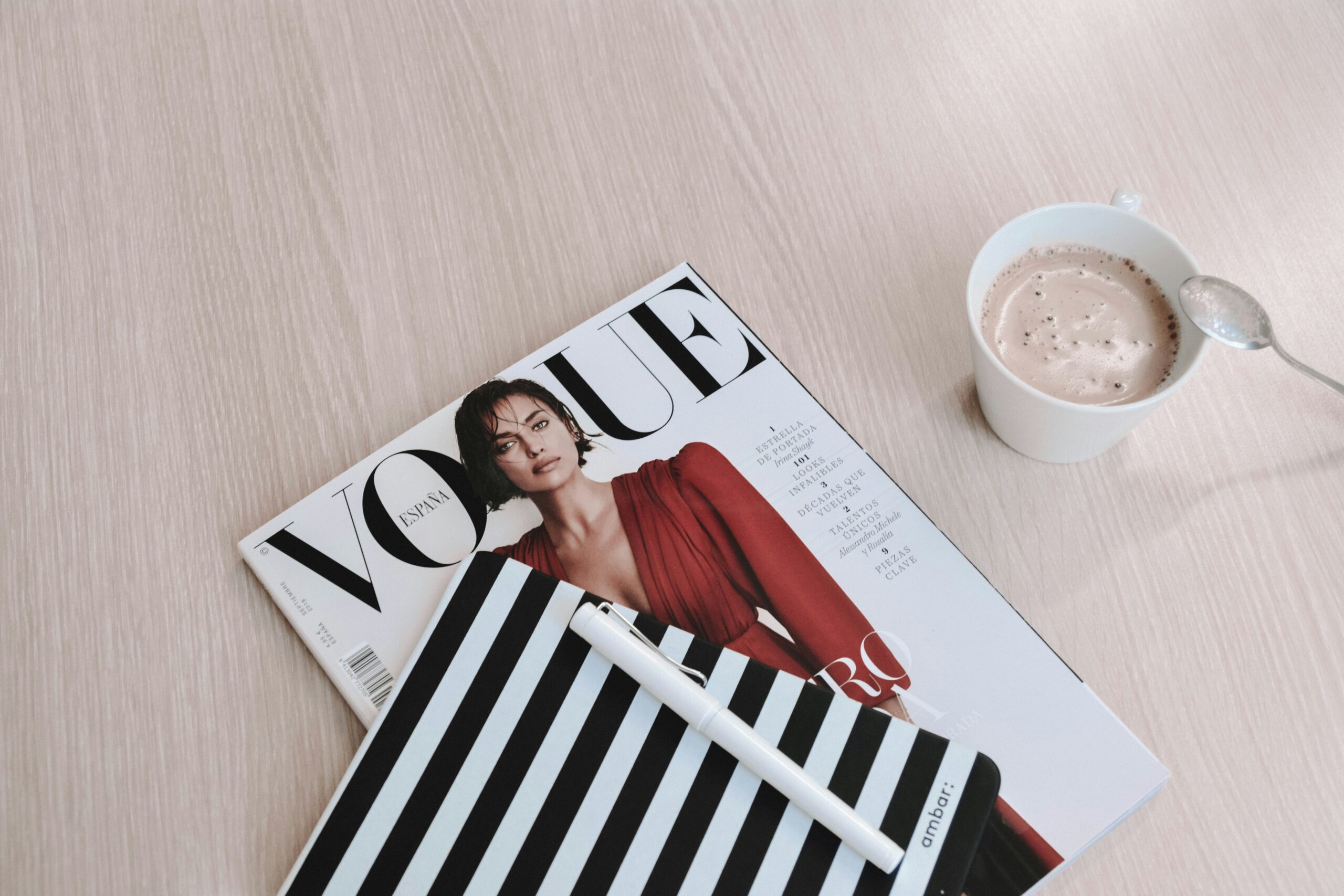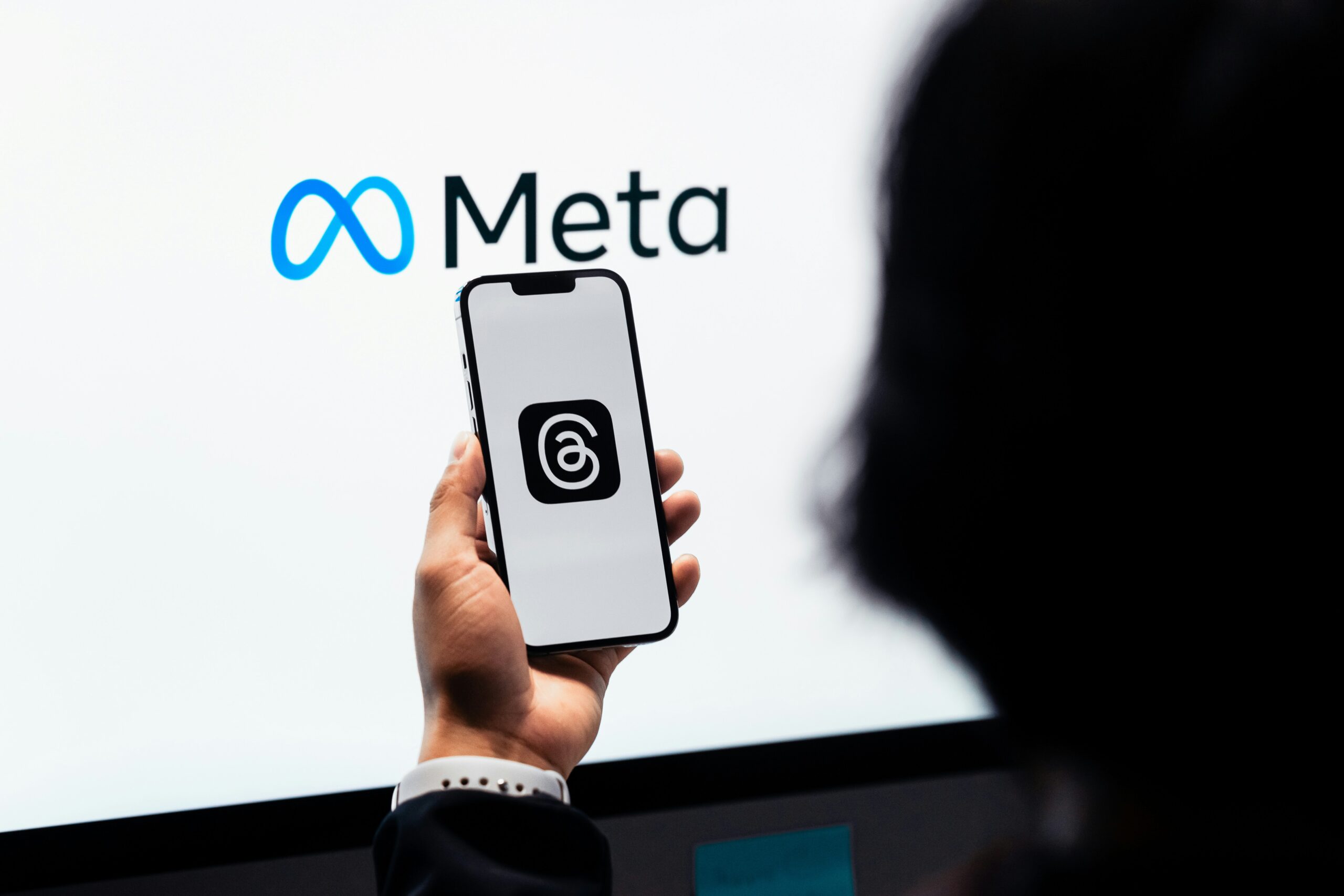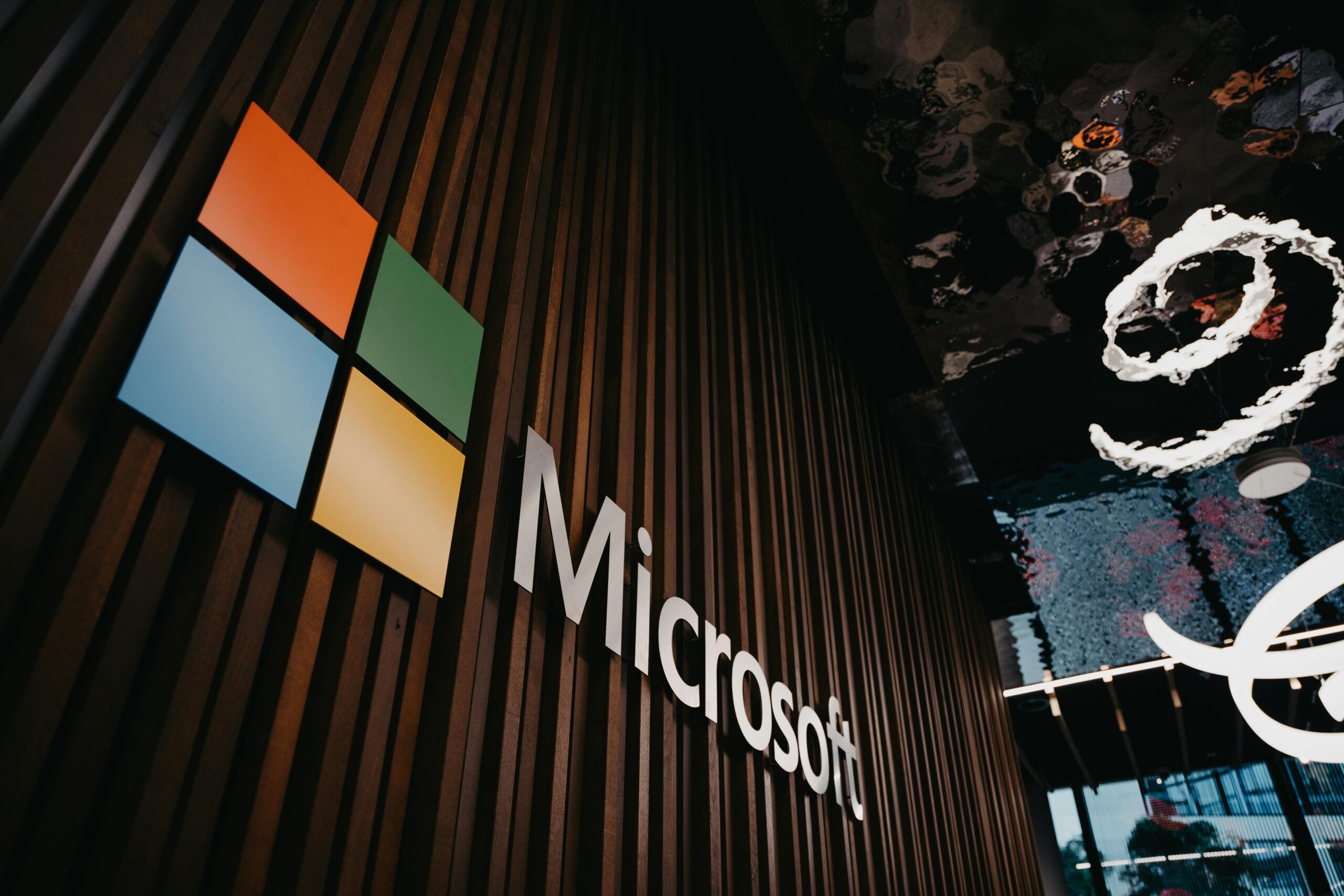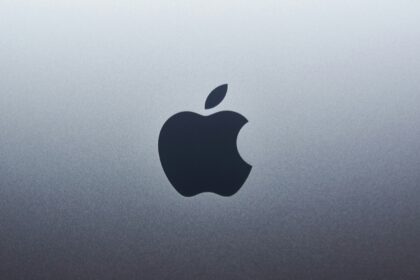Vogue has sparked fierce backlash after featuring an AI-generated model in a two-page Guess advertisement in its August 2025 issue. Though Vogue confirmed the ad met its official advertising standards, many readers and fashion insiders saw the campaign as a cultural turning point, one that could redefine modeling and beauty ideals.
The AI model, created by agency Seraphinne Vallora, appeared with flawless symmetry and idealized proportions that critics argue reinforce unrealistic beauty norms and diminish the value of real human models, photographers, and stylists. The ad’s fine-print disclosure,labeling it as AI-produced, was nearly imperceptible, fueling further outrage.
On platforms like TikTok and X, social media users expressed dismay over Vogue showcasing a synthetic figure, despite its legacy as a bastion of photographic artistry. Some longtime subscribers announced cancellations in protest, lamenting the erosion of authenticity in fashion
Models and industry professionals have voiced deep concerns. Model Sarah Murray described seeing AI-generated campaigns as both “sad and exhausting,” saying it threatens careers and worsens unrealistic beauty pressure. Industry experts warn the move could accelerate labor displacement across fashion.
In the broader view, this controversy has become about far more than one ad. It reflects the growing tension between AI’s efficiency and human creativity, with potential implications for diversity, job displacement, and cultural norms. Vogue’s decision to publish the ad, regardless of its editorial or advertising origin, signals a pivotal moment in fashion’s evolving relationship with technology.







